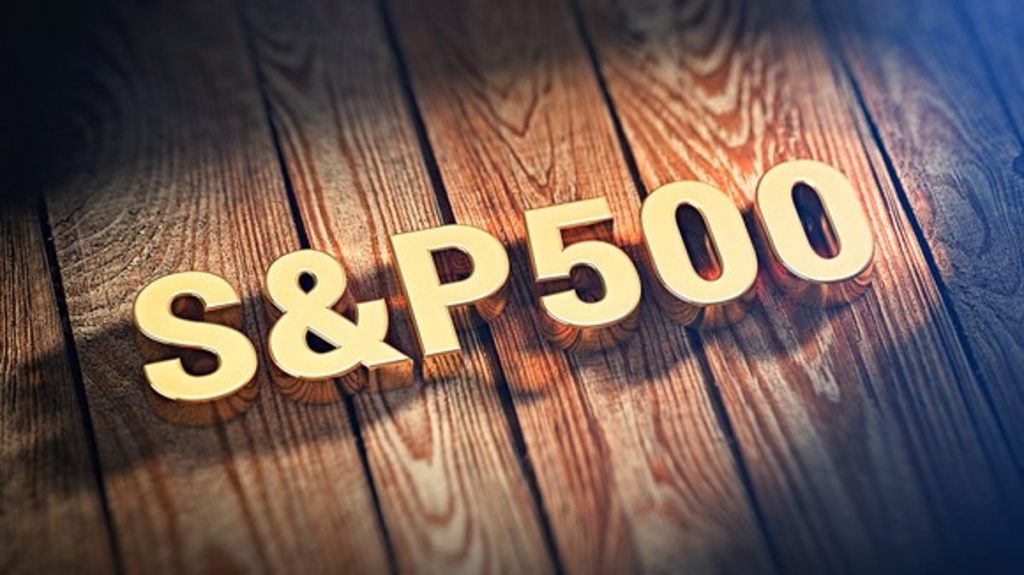
U.S. stocks climbed on Friday, finishing the volatile week on a high note as stocks benefiting from a successful economic reopening outperformed again.
The Dow Jones Industrial Average closed 453.40 points higher, or 1.4%, to 33,072.88. The blue-chip benchmark was up only 65 points earlier in the day. The S&P 500 rose 1.7% to 3,974.54, hitting a record closing high and bringing its 2021 gains to 5.8%. The Nasdaq Composite erased a 0.8% loss and ended the session 1.2% higher to 13,138.72.
All three major benchmarks rallied to their session highs into the close with the Dow jumping tacking on more than 150 points in the final 8 minutes of trading. It was broad-based late buying. Beaten-up tech like Apple rallied into the green in the final minutes. Banks, energy and materials were all big winners in the final minutes and on the day.
President Joe Biden on Thursday announced a new goal of having 200 million Covid vaccination shots being distributed within his first 100 days in office. As of Friday, 100 million coronavirus vaccinations had been given since Biden was inaugurated.
Financial stocks rose after the Federal Reserve announced that banks could resume buybacks and raise dividends starting at the end of June. The central bank originally said it would lift pandemic era restrictions in the first quarter, but even the delayed move gives investors more clarity. Shares of JPMorgan rose 1.7%, while Bank of America advanced 2.7%.
Fears of rising inflation eased after data showed tame price pressures. The core personal consumption expenditure price index, which strips out volatile food and energy prices, rose 0.1% month over month, matching expectations from economists polled by Dow Jones. Year over year, the gauge climbed 1.4%, slightly lower than a 1.5% estimate.
“Softer-than-expected PCE deflator data support the idea that Treasury yields will likely consolidate over the short-term,” said Edward Moya, senior market analyst at Oanda. “The lower the baseline for inflation, the easier markets can become convinced that the upcoming pricing pressure surge will be transitory.”
The 10-year U.S. Treasury yield came off its high following the inflation data, and inched back up throughout the day. The benchmark rate rose 6 basis points to 1.67%.
Meanwhile, consumer sentiment in the U.S. continued to rise amid the vaccine rollout. A University of Michigan survey released Friday showed the final reading of the index of consumer sentiment was 84.9 in March, up from 76.8 in February. Economists polled by Dow Jones expected a reading of 83.7.
The Dow and the S&P 500 posted modest gains for the week, up 1.4% and 1.6%, respectively. The Nasdaq fell 0.6% on the week, however. The market rally has slowed down in recent weeks as rising interest rates and valuation concerns hit tech names.
“The market has felt like more of a grind lately, and this may become more of the norm as we enter year two of the recovery,” said Larry Adam, chief investment officer at Raymond James. “These periods, like most, do not move in straight lines, as drawdowns will occur along the way. This is not troubling, but investors should expect some weakness and take advantage as it occurs.”





























